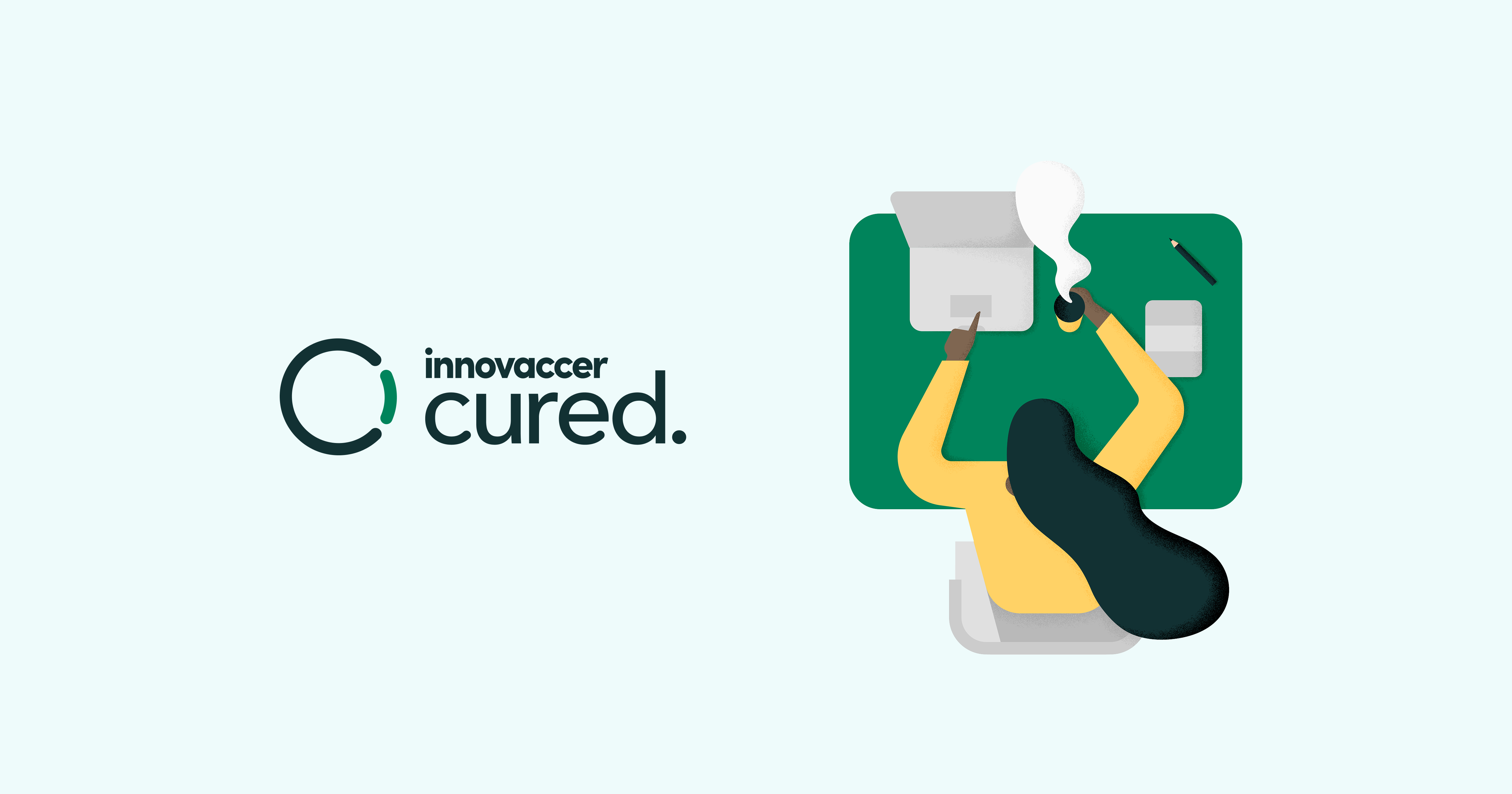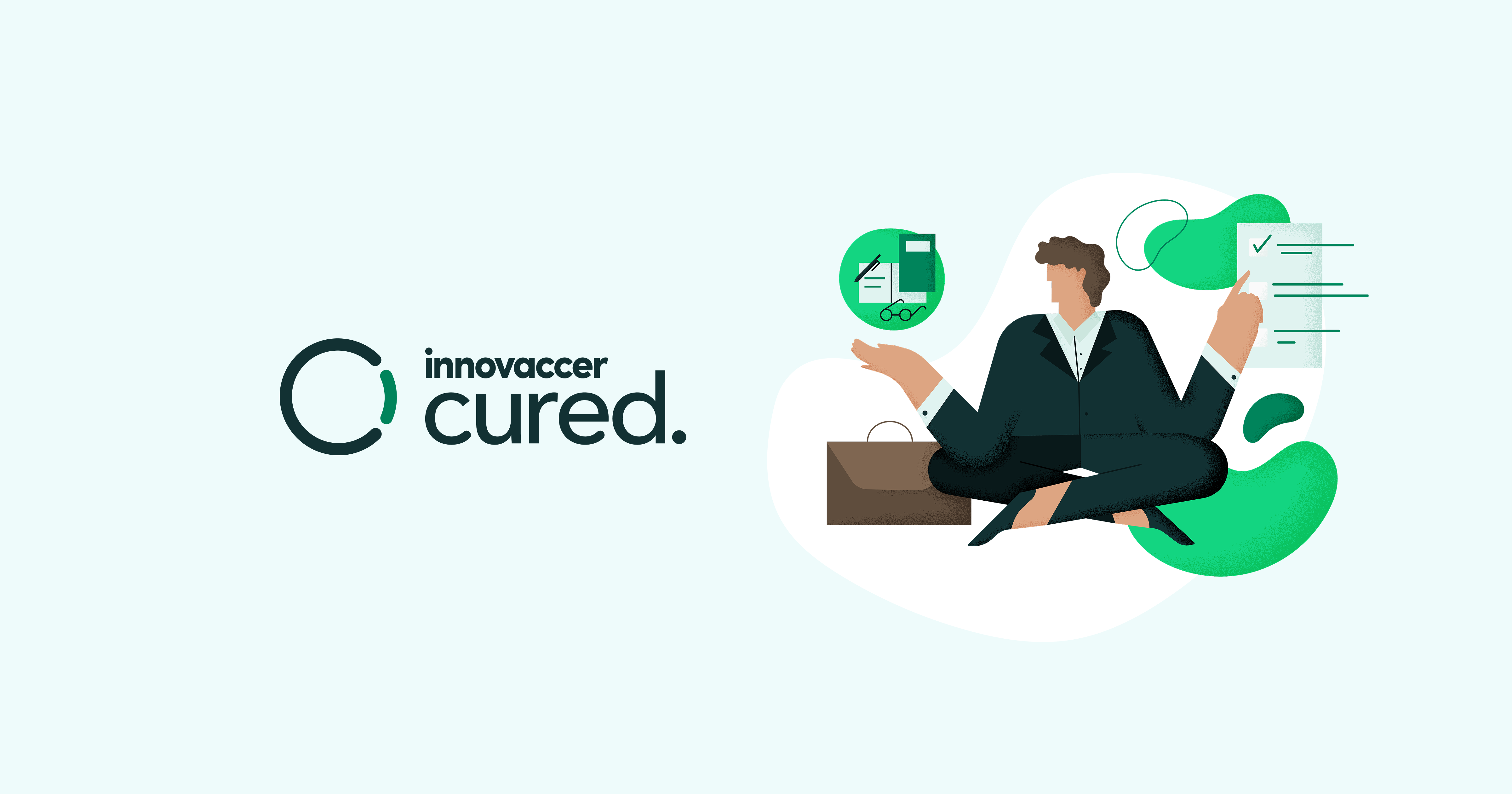how leading health systems use AI to personalize patient outreach

Leading health systems discovered the antidote to ignored appointment reminders: AI that knows when, how, and what to say to each patient.
Your health system sent 50,000 appointment reminders this month. How many actually lead to booked visits? If you're like most organizations still using generic email blasts and robocalls, the answer is disappointing.
Here's what's changing the game: AI in healthcare marketing now enables health systems to craft unique messages for every single patient, considering their schedule, preferences, health history, and even their likelihood to respond.
Leading health systems are ditching one-size-fits-all approaches and using patient outreach software that personalizes everything from message timing to channel selection. The result? They're seeing 3x higher engagement rates through healthcare campaign automation that actually feels personal. And they're doing it all at a massive scale.
stop spamming, start connecting
Remember the last time you received a generic healthcare reminder that felt completely irrelevant to your situation? You're not alone. Traditional outreach methods often miss the mark because they treat every patient the same way. But here's where things get interesting: forward-thinking health systems are flipping this script entirely.
This move away from broadcast to conversation is a seismic shift in the way that healthcare organizations are thinking about patient relationships. It's not about boxes to be checked and quotas to be filled; it's about really understanding each individual patient with his or her own needs, preferences, and barriers to care.
patient outreach software that doesn't guess, but knows
What distinguishes contemporary patient outreach software is how it can learn and adapt in real-time. In contrast to fixed campaigns that use the same tactics whether or not they're working, AI systems optimize their strategy constantly based on what's effective.
The software does not merely register if someone opened an email or replied to a call. It knows why they're doing it. Did they book, but keep canceling? The system might automatically suggest more flexible timing or telehealth options. This continuous learning cycle has the outreach becoming smarter and more productive with each interaction.
combat the blind spot: AI to the rescue
One of the strongest uses of AI in patient engagement is its potential to detect and correct healthcare disparities that may otherwise be unnoticed. Through pattern analysis across populations, AI can identify gaps in care that may not be visible to human observers.
AI programs can also identify when certain communities continuously avoid preventive checks. It's not that they don't care about their well-being; it's just that the standard appointment times compete with shifts, multiple jobs, or industries where employees cannot take flexible days off.
The technology not only identifies the problem, but it also provides solutions such as evening hours, weekend hours, and messaging that provides awareness of the real-world limitations. When health systems respond to these observations, screening rates in underserved populations can increase by leaps and bounds.
how AI helps create tailored patient pathways
Although the patient experience would appear to be intuitive and personalized, there is technology working behind the scenes. The latest AI systems tap into electronic medical records, insurance records, demographic information, and real-time behavioral data to provide them with a full picture of every patient.
These systems use natural language processing to understand and generate human-like messages, machine learning to predict patient behavior and needs, and complex algorithms to optimize timing and channels for every message.
Security and compliance are embedded into every level of these systems. Patient information is encrypted and managed according to HIPAA standards, and AI models can be trained to recognize sensitive data and store it securely. This allows health systems to create more personalized experiences while still protecting security and privacy regulations.
how is AI in healthcare making a difference?
The influence of AI-based personalization extends well beyond open and click-through rates. The leading health systems are experiencing exceptional outcomes in a number of areas:
Clinical Outcomes: Top health systems are experiencing outstanding improvement in preventive care completion and management of chronic illness after adopting AI-powered outreach. The news is more than attendance; patients come better prepared, pose more educated questions, and assume greater roles in their care choices.
Operational Effectiveness: Administrative staff at last have room to breathe and to do what they do best: offer human touch. While AI handles scheduling logistics, reminder strings, and routine follow-ups, they can concentrate on tough cases, emotional support, and the nuances of communications that require true human judgment.
Financial Impact: Intelligent healthcare systems see AI-driven outreach as a self-paying investment that rewards numerous times over. From recovered revenue for decreased no-shows, lower cost for improved preventive care, and reduced expense for enhanced chronic disease management, the financial argument is evident in short order.
.png)
power patient personalization with healthcare experience platform (hxp)
The Healthcare Experience Platform (HXP) is the future of AI in healthcare marketing, aggregating all the features mentioned above into a single solution. In contrast to legacy patient outreach solutions that concentrate on individual channels or campaign types, HXP constructs an intelligent environment that orchestrates all patient touches across their healthcare experience.
HXP's AI agents operate 24/7 to dig through patient information, locate opportunities for interaction, and present personalized messages via each patient's channels of choice. The platform's automation of healthcare campaigns is more than point-and-click triggers and templates. They build dynamic, adaptive experiences that change in real-time based on patient behavior and outcomes.
With HXP, healthcare systems are able to coordinate thousands of highly personalized patient journeys at the same time, each as personal as a one-to-one conversation with a trusted care coordinator.
It is unique in its healthcare-focused design. Designed from the ground up for the special challenges of patient engagement, it contains preconfigured workflows for typical healthcare situations, native HIPAA-compliant and secure features, and thorough integrations with top-performing EHR systems.
The AI of the platform learns continuously from engagements throughout the entire network, so all health systems are enriched by combined insights without compromising total data privacy. For healthcare organizations that are prepared to advance past standard outreach into a genuine personalized patient experience, HXP offers the starting point for change.
head where healthcare is headed
Today's leading health systems aren't merely adopting new technology; they're redesigning what patient relationships can be. They're demonstrating that health care doesn't have to be transactional or depersonalized, not even at an enormous scale. With AI as an assistant, each patient can receive messages that feel like they're from a healthcare team that really knows and cares about them as an individual.



